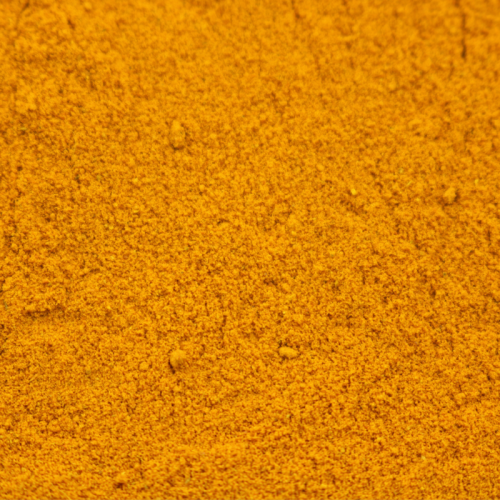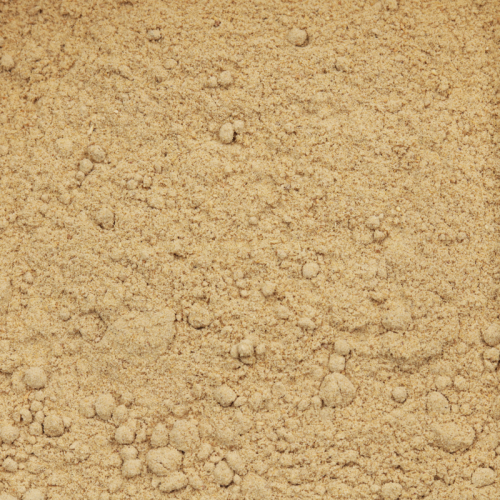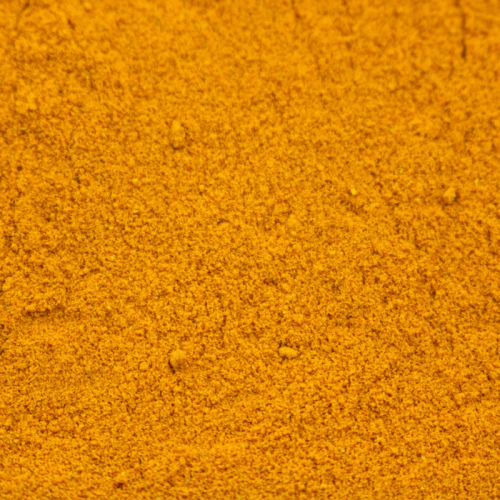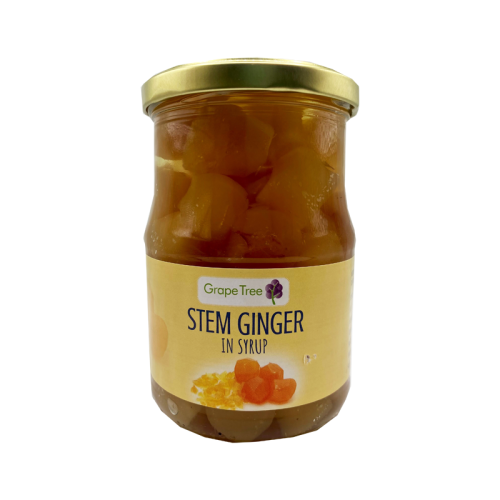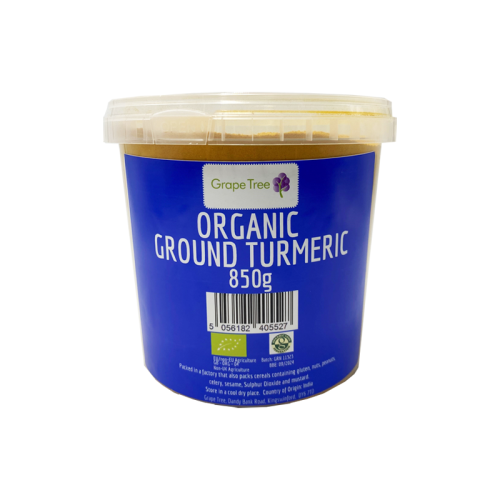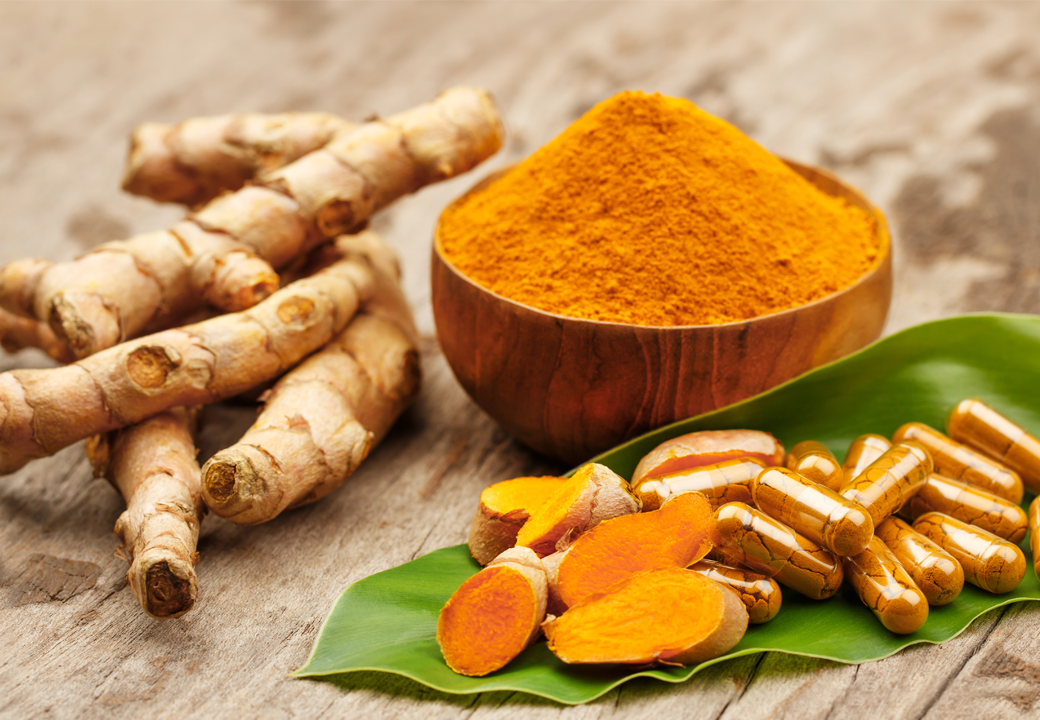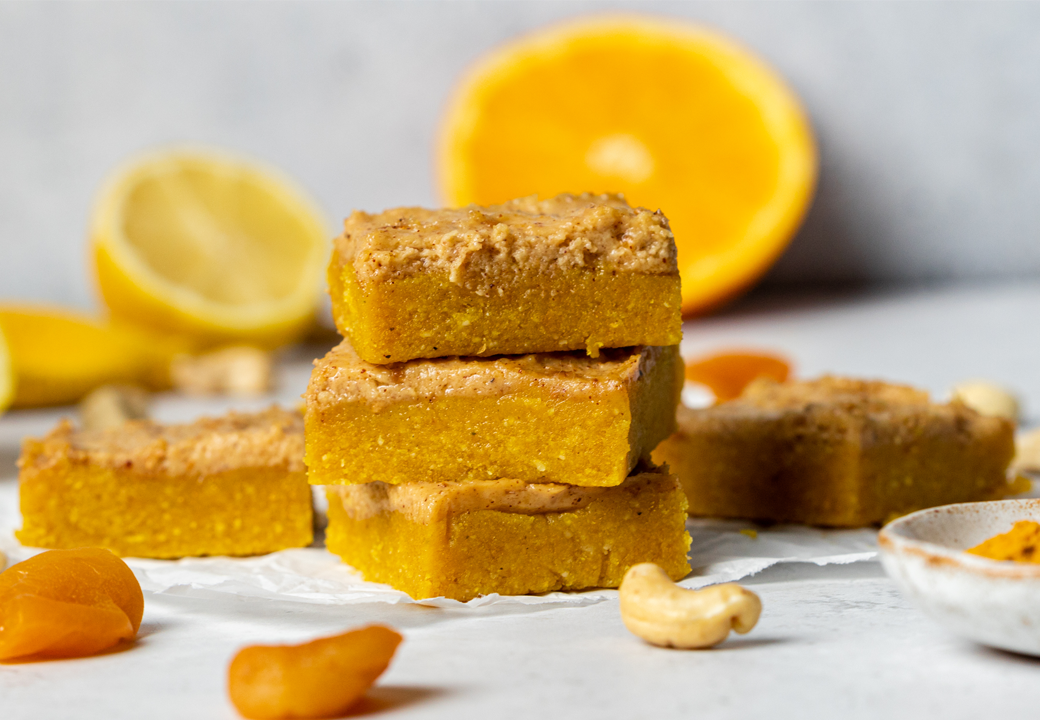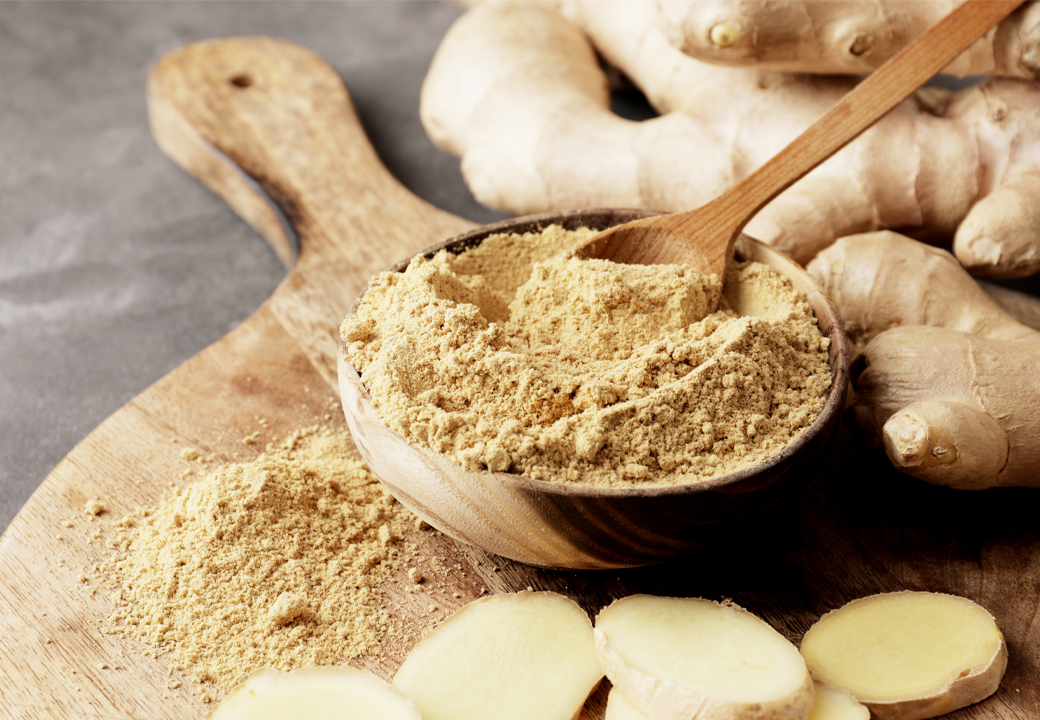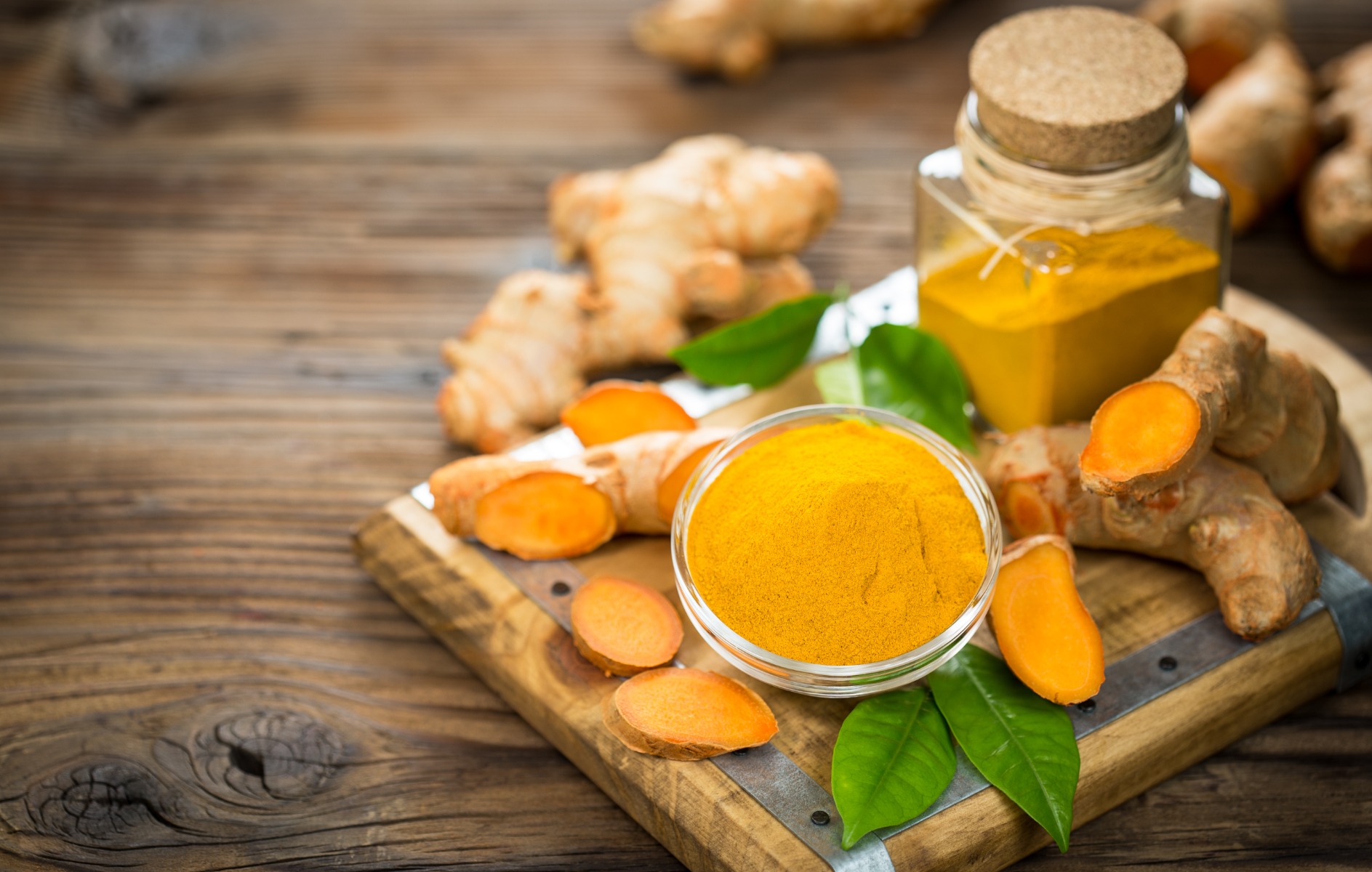

Photo Credit: "© [pilipphoto] / Adobe Stock
Ginger, turmeric, turmeric, ginger…which one do you choose? You’ve read how good they are for your body and that they’re essential spices for a healthy lifestyle. But should you favour one over the other?
In this article, we give you the lowdown on the two wellness spices so you can choose the best one for you. Read on for ginger and turmeric benefits and the best ways to use them to nurture your body and mind.
What's the Difference Between Ginger and Turmeric?


Photo Credit: "© [pressmaster] / Adobe Stock
Before we take a deep dive into turmeric and ginger, it’s vital to understand the difference. Although they have similarities, they are entirely separate spices with their own unique benefits.
What is Turmeric?
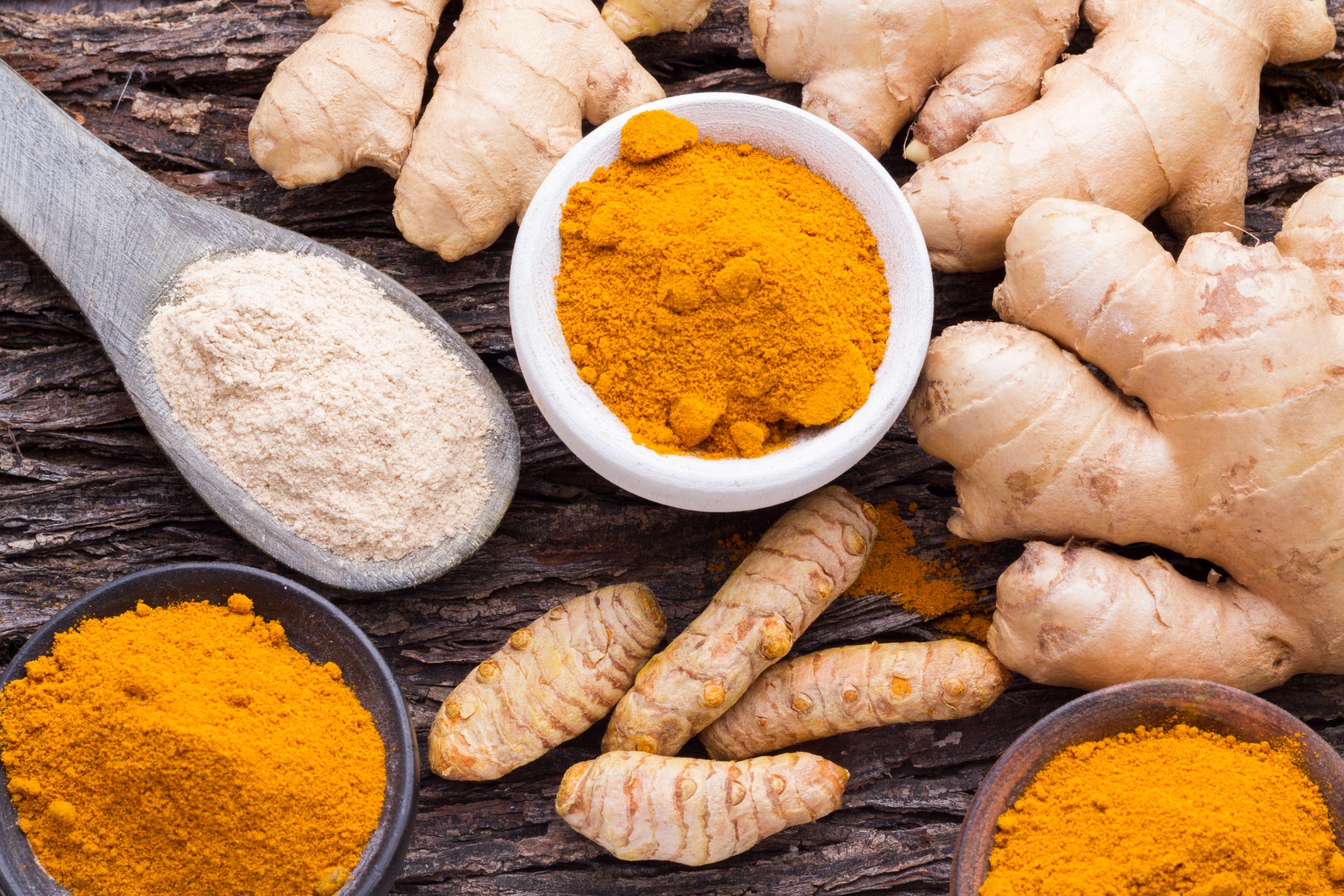

Photo Credit: "© [Alexander Ruiz] / Adobe Stock
Turmeric belongs to the Zingiberaceae family and is the root of the plant Curcuma longa. The vibrant orange spice contains a compound called curcumin, which activates when consumed with black pepper. The root has an earthy, peppery taste often used to flavour foods and give meals a natural colouring.
Turmeric is bursting with vitamins and minerals, including manganese, iron, vitamin C, calcium, zinc and more. It’s been used for centuries to soothe joints, reduce acne, improve blood flow and aid digestion.
What is Ginger?
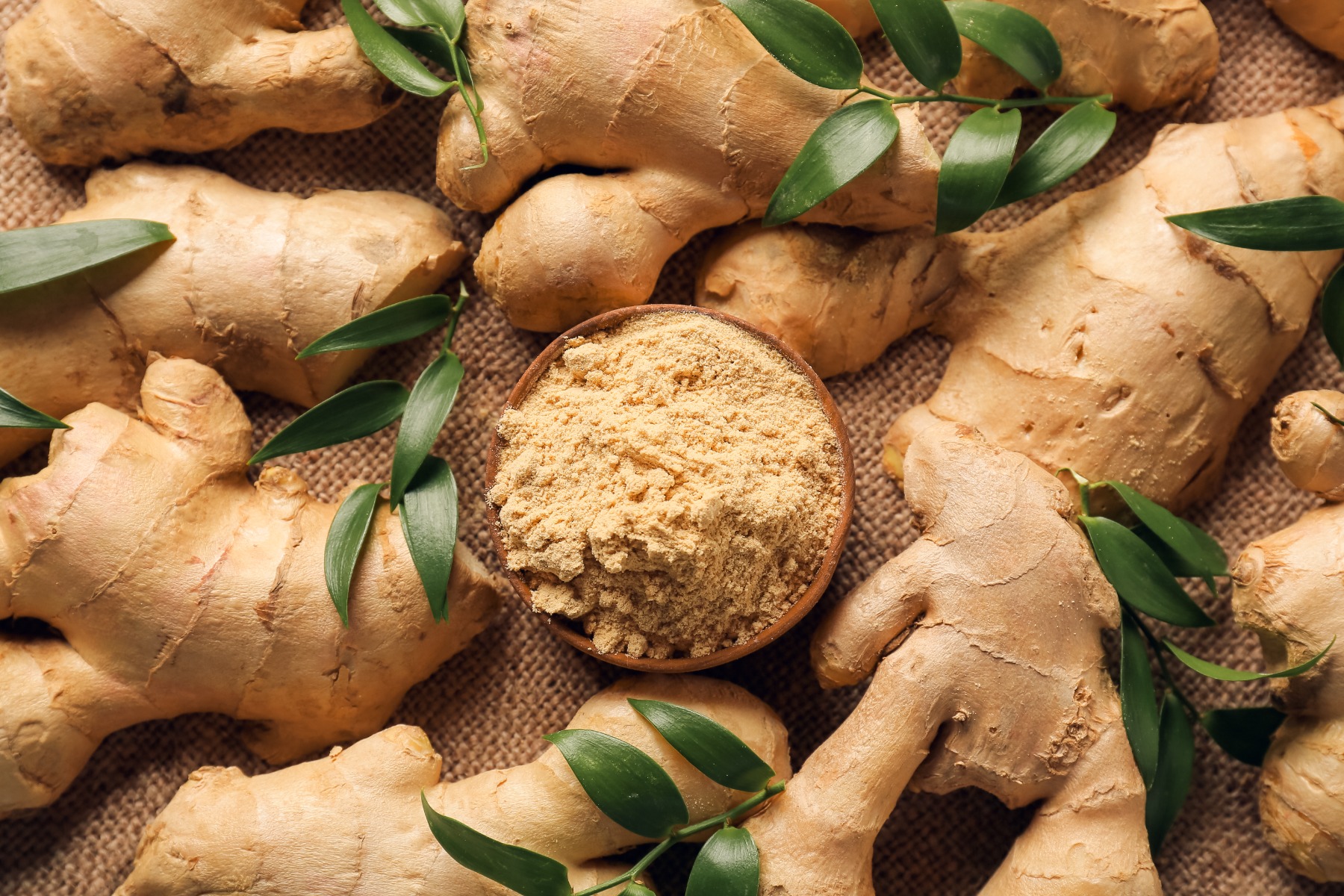

Photo Credit: "© [Pixel-Shot] / Adobe Stock
Ginger also belongs to the Zingiberaceae family and is the underground stem of the plant Zingiber officinale. It has a bulb-like appearance on the outside, with a thin skin that can be scraped away to reveal the golden yellow flesh inside. It has a sweet but fiery kick and is one of the most commonly used spices in cooking and baking.
Ginger is packed with vitamin C, iron, B6, calcium and magnesium. Similarly to turmeric, it’s known for helping blood flow, aiding digestion and soothing sore joints.
Benefits of Turmeric and Ginger
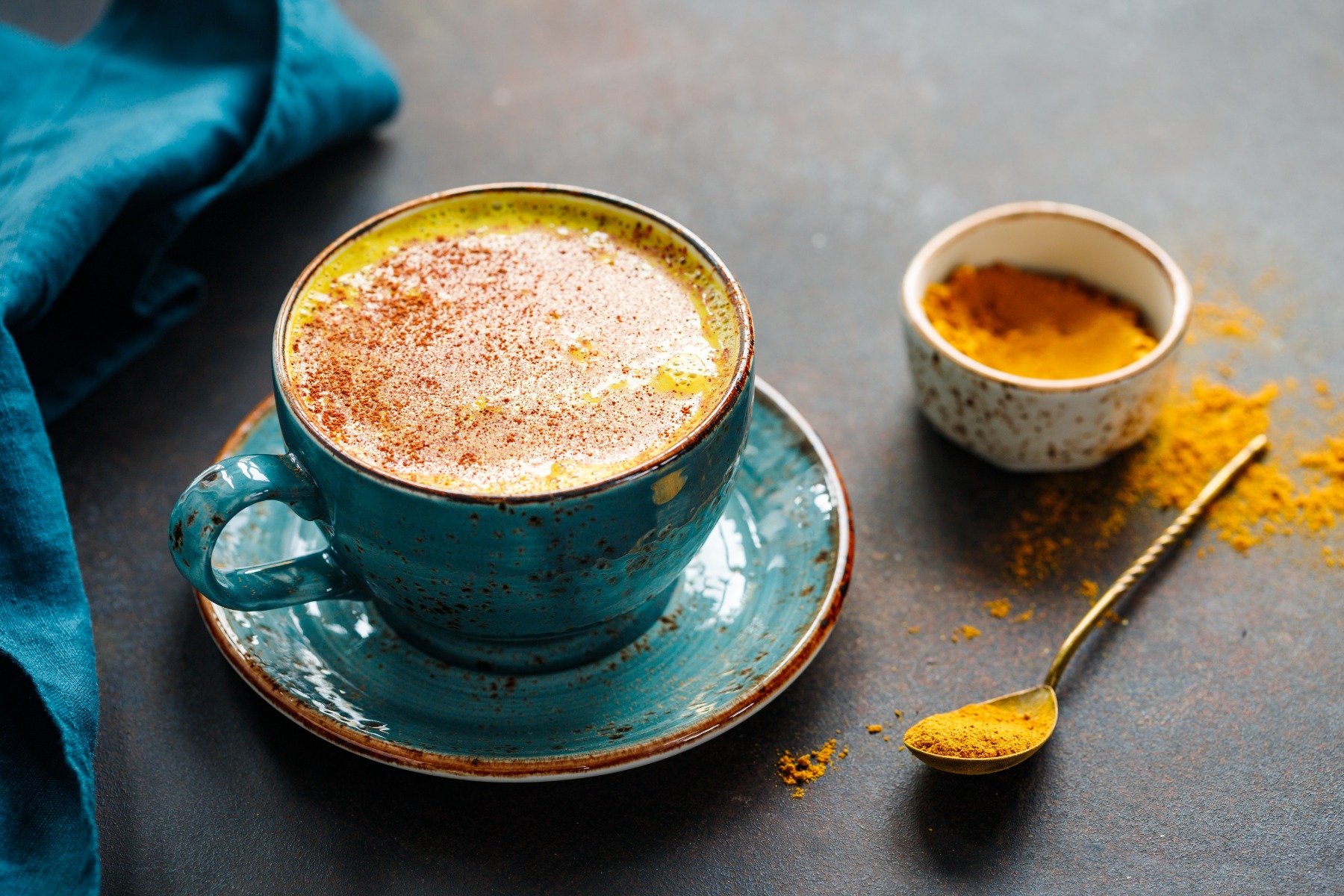

Photo Credit: "© [Edalin] / Adobe Stock
Turmeric and ginger benefits are plentiful. Below are the similarities between ginger and turmeric so you can understand how they help your health.
Both Anti-Inflammatories


Photo Credit: "© [brillianata] / Adobe Stock
Sports injuries, sleeping awkwardly and sore joints during cold weather are due to inflammation. This is when swollen cells aggravate your body, often creating pain in your joints and muscles. It can make daily activities uncomfortable, such as walking or sitting down for too long.
A 2017 study on the effects of turmeric on inflammation found that the spice reduces muscle soreness, increases recovery time and may help arthritis. Research on the effects of ginger discovered that the root could provide an alternative treatment for inflammatory diseases. These include arthritis, psoriasis, lupus and Crohn’s disease.
Both Antioxidants


Photo Credit: "© [Drobot Dean] / Adobe Stock
The body is under constant attack from free radicals, which harm cells and cause oxidative stress. Excess alcohol, smoking, a bad diet, a lack of sleep and overexposure to UV rays usually contribute to the damage.
A 2023 study shows ginger and turmeric contain biological properties that protect against oxidative stress. This may reduce the likelihood of cancer and neurodegenerative diseases.
Both Aid Sleep
Sleep is critical for brain function, mental health and, of course, energy. A 2020 study found that ginger can improve sleep quality and chronic fatigue. And a 2021 study on the effects of turmeric on sleep shows that the spice promotes sleep. It also reduces the time it takes to fall asleep.
The Benefits of Turmeric vs Ginger


Photo Credit: "© [Drazen] / Adobe Stock
So, you know what turmeric and ginger are both great at, but how do they differ? We’ve laid out how the two spices individually shine.
Turmeric is Excellent for Hair Growth


Photo Credit: "© [VERTEX SPACE] / Adobe Stock
A 2023 hair regrowth study combined the compound curcumin, found in turmeric, with zinc and microneedling. Scientists found promising results that reversed the effects of dihydrotestosterone (a hormone which causes hair loss) and promoted hair growth.
Turmeric May Help Anxiety


Photo Credit: "© [fizkes] / Adobe Stock
Anxiety is a mental health disorder that can give you a racing heart, hot flushes and an unsettled digestive system. You may also find it hard to make decisions and become easily overwhelmed by tasks, loud noises or crowds.
A 2018 study on anxiety demonstrates that curcumin from turmeric may alleviate symptoms of anxiety and anxiety-like behaviours triggered by PTSD.
Turmeric Has a Vibrant Colour
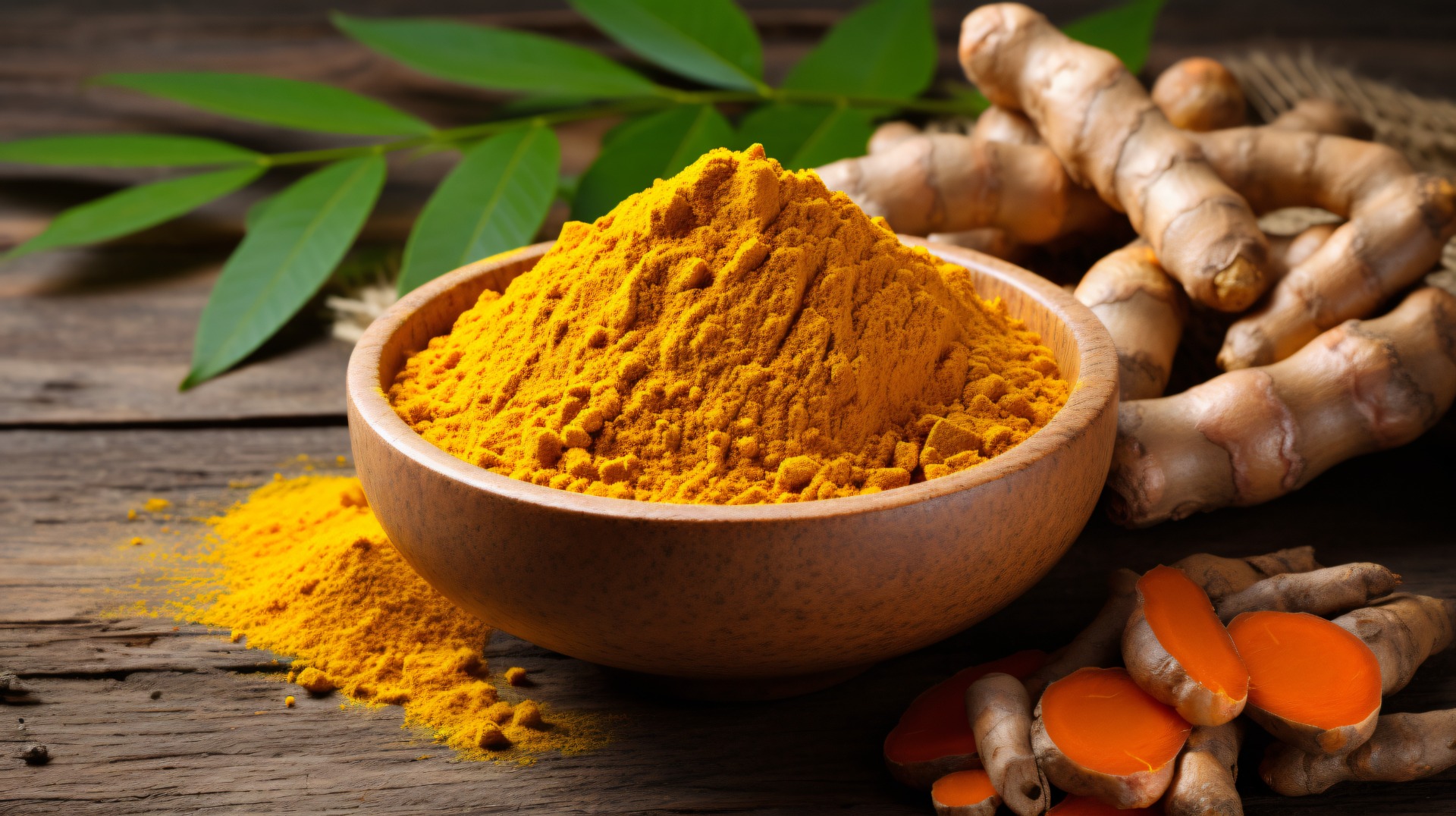

Photo Credit: "© [Little] / Adobe Stock
The wonderful colour of turmeric means it’s fantastic for turning curries into a vivid orange colour. Add a small amount to a smoothie to make it an appetising orange, or even temporarily dye your clothes.
Ginger is a Great Pain Reliever


Photo Credit: "© [Drobot Dean] / Adobe Stock
Ginger has long been used as a natural pain remedy, and a 2020 study found that the earthy spice may be an effective treatment for many painful conditions. These include cramping from menstruation, muscle soreness, lower back pain, and migraines. The results came from a mix of eating ginger and applying it topically as an ointment.
Ginger Reduces Nausea


Photo Credit: "© [JustLife] / Adobe Stock
Ginger is historically taken for morning sickness, but does it actually help with nausea? A 2016 study on the effects of ginger found that 0.5-1.0 grams of ginger can help with intense nausea in chemotherapy. Overall, it can be a valuable treatment for nausea and vomiting.
Ginger Has a Sweeter Taste Than Turmeric
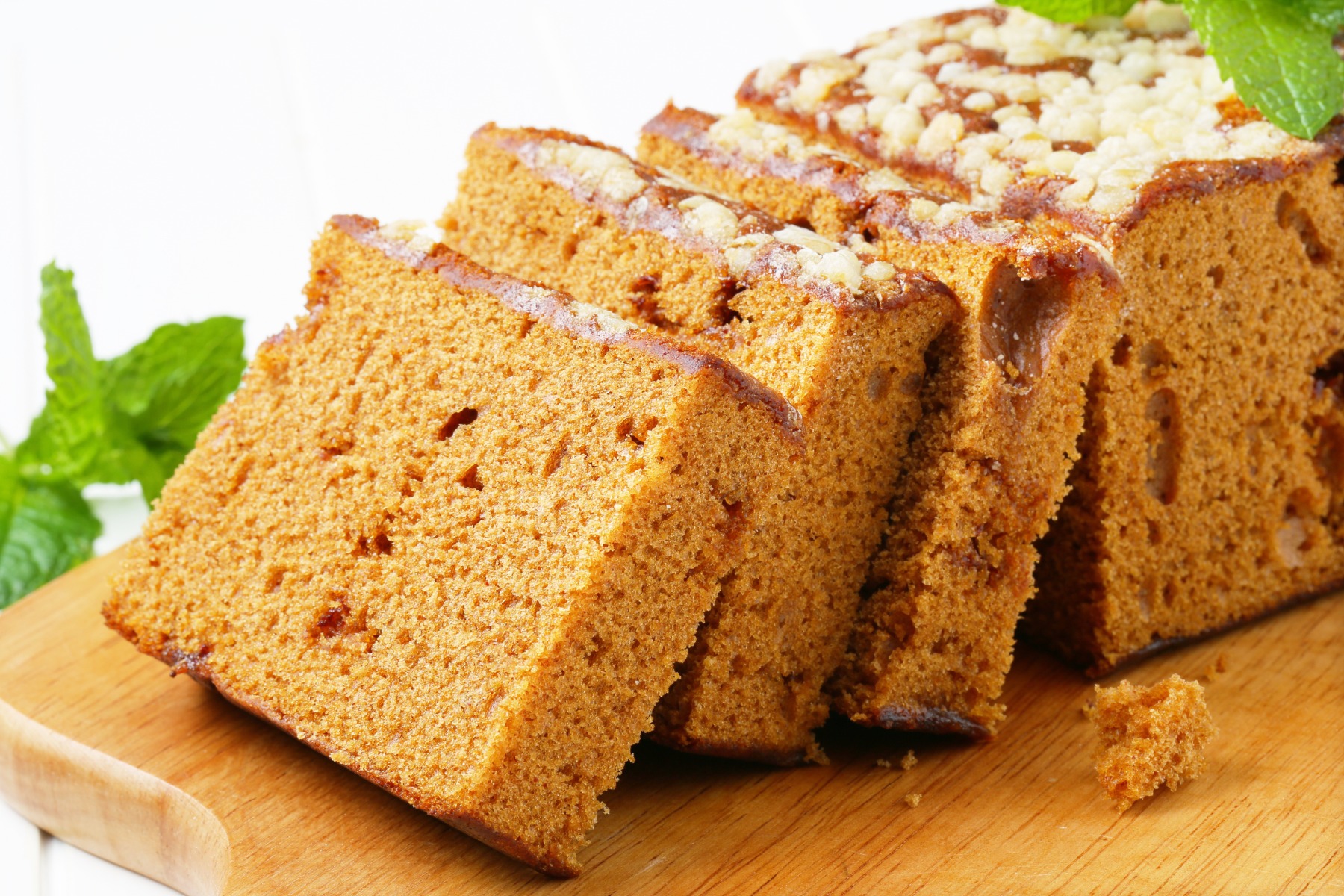

Photo Credit: "© [Viktor] / Adobe Stock
Ginger has a far sweeter taste than turmeric, so it’s often used in baking to make anything from classic gingerbread men to gingernut cookies. Sliced ginger also goes wonderfully well with lemon for hot tea. Or you can nibble on yoghurt-coated ginger as a snack.
The Bottom Line
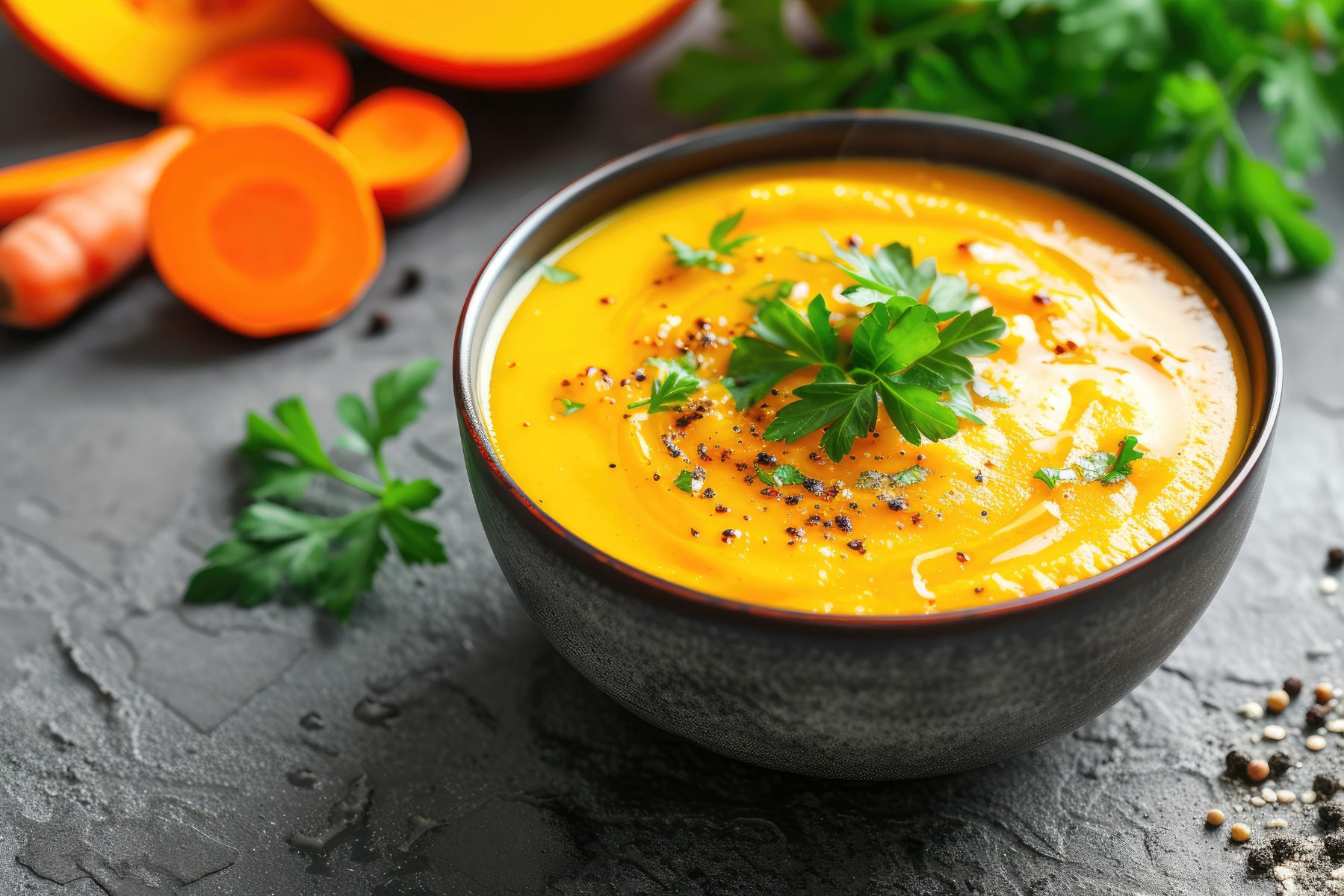

Photo Credit: "© [The Big L] / Adobe Stock
When it comes to turmeric vs ginger, there is no clear winner. If you’re interested in hair growth or struggle with anxiety, you may prefer turmeric. Or, if you want a spice for your baking and need to take the edge off nausea, ginger is an excellent choice. But your best bet is to choose the one you prefer or, even better, get the benefits of both.
